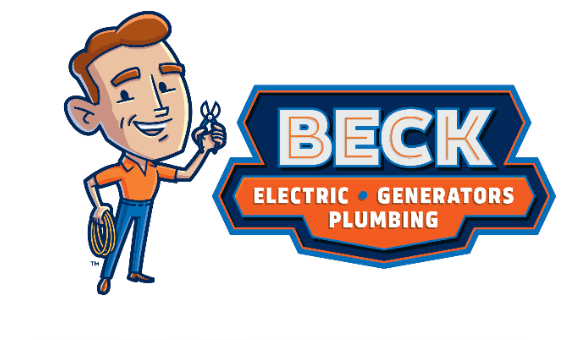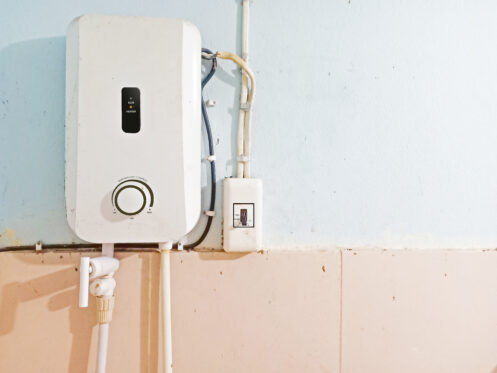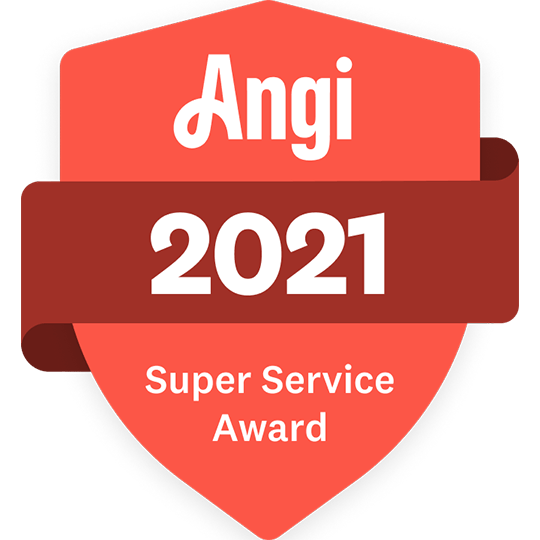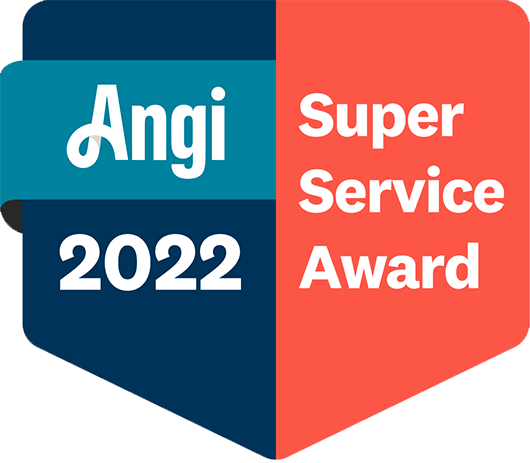On-demand water heating systems are among the hottest trends in home improvement. These systems are more affordable than ever. Technological advancements have made the equipment more compelling. A tankless water heater can also save you a significant amount of money over its lifespan. Still, some homeowners are concerned about the potential issues of an on-demand system. Let’s explore what the common problems are and the choices you can make to help avoid them.
Limescale Buildup
Water hardness refers to the amount of calcium and magnesium in your water. At high enough concentrations, these minerals can damage pipes, fixtures, and appliances. Limescale is a problem for all water heaters, but tankless systems are particularly susceptible. It can build up on valves and in lines, restricting the flow of water. Limescale can also accumulate on the heat exchanger itself. In doing so, it acts like an insulator and prevents the efficient exchange of heat energy to the water.
Most tankless water systems will require routine descaling. This is where a plumber uses a recirculating pump and either vinegar or a stronger chemical cleaning agent. It takes between 30 to 45 minutes for the agent to remove all the buildup. Some homeowners may have to schedule descaling once or even twice a year. If your water is that hard, consider a hardware solution. It will reduce the frequency you need to descale the system, lower operating costs, and extend the life of the equipment.
There are anti-scale devices that soften water before it enters your water heater. You can also opt for a whole-house water softening system. That approach will be more expensive upfront but will provide the added benefit of protecting all aspects of your home’s plumbing system.
The Cold Sandwich Effect
The cold sandwich effect refers to fluctuating water temperatures in an on-demand system. You get hot water initially, only for a burst of cold water to interrupt it. It’s primarily a quality-of-life issue that affects showering and the like. It’s most common with electric systems because fuel-burning systems heat up almost immediately, but it can happen with them as well.
Sometimes, the cold water sandwich effect is a limitation of the water heater design. Many modern systems on the market now have an integrated recirculating pump or a small storage tank. This lets them continue to provide hot water while the system heats up. If you’ve already purchased your system and are experiencing this, you can add a pump or a tank as an upgrade.
It’s also worth noting that you may experience the cold sandwich effect suddenly. If you do, it probably points to an issue that has developed over time. You could, for instance, have a clogged line or a thermostat that is failing or incorrectly calibrated.
Hot Water Delay
Delay in this context refers to the time between turning on a faucet and getting hot water. Surveys suggest that this is the problem consumers worry about most when purchasing a tankless water heater for the first time. There are horror stories online of people waiting minutes for their hot water. Be mindful that these are almost always issues with the sizing or installation of the water heater.
Tank water heaters will be faster because they’ve already heated the water. In a well-configured system, the difference should not be noticeable. The important thing is that you purchase a flow rate that is high enough for your home. If you have a large home, consider multiple smaller tankless water heaters rather than one large one. This will reduce the distance between the source and your fixtures.
If a long delay is a sudden issue, the limescale buildup mentioned earlier is the most common culprit. You could have an air blockage, such as a dirty filter or a crimped line. In fuel-burning systems, it can be low gas pressure. Our plumber may need to adjust the pressure, or you may have a low supply.
Low Hot Water Pressure
The industry in the U.S. measures the flow rate in gallons per minute (GPM). Each fixture and appliance in your home has a certain GPM that it demands. The key when buying an on-demand system is to choose the overall GPM that meets your household’s peak usage. If you don’t do that, low hot water pressure will be an ongoing problem during those periods. That’s why it’s often a good idea to opt for a little more GPM than you think you need.
If low water pressure is a sudden problem, consider limescale first, as it’s the most common cause. It can be a failing shut-off valve or a shut-off valve that someone has inadvertently adjusted. If it’s not open all the way, the system won’t get the hot water it needs. It may also be a clogged water filter that our plumber will need to clean or replace.
No Hot Water at All
If you’re not getting any hot water at all, the first thing to check is the circuit breaker. Be mindful that even fuel-burning on-demand systems need electricity for ignition. If the breaker has tripped, you can reset it once. If it trips again, you should not continue resetting it.
If the issue isn’t a lack of power or fuel, it could be the ignition system itself. This can be as simple as a dirty burner or as serious as a failed igniter. Another common cause is inadequate ventilation. Tankless systems have air filters. If those get clogged, it can prevent the system from providing hot water.
Water Too Hot or Not Hot Enough
Most tankless water heaters can reach 140 degrees Fahrenheit. The Department of Energy recommends 120 degrees for the average home. That temperature strikes a balance between comfort and energy efficiency and won’t scald.
If you suddenly find that your hot water is too hot or too cold, the thermostat may be the issue. These devices can fail over time and are a relatively simple replacement. It can also be an issue with ventilation. If the system doesn’t get the necessary airflow, this will cause overheating.
Leaks
Tankless water heaters can leak. They usually leak from the bottom of the mounted unit. Loose connections that need tightening are a common cause. You may also have a bad valve that requires replacement. The heating element may be loose. Corrosion can also lead to leaks, and if the corrosion has gotten bad enough, you may need to replace the entire system.
Do You Need a Tankless Water Heater Repaired or Installed?
Beck Electric, Generators & Plumbing has been serving Waynesburg and the surrounding areas since 2007. Our plumbers install, maintain, and repair all tankless and traditional tank water heaters. We also pipe and repipe water, sewer, and gas lines, clean drains, and fix clogs and leaks. You can also count on us to install fixtures, dishwashers, garbage disposals, sump pumps, and more. We also have licensed electricians on staff. Our electricians perform inspections, repairs, installations, and upgrades. We specialize in electrical panels, outlets, surge protection, indoor and outdoor lighting, EV charging stations, and standby generators. Call today or contact us online with questions or to schedule a consultation or service appointment.






